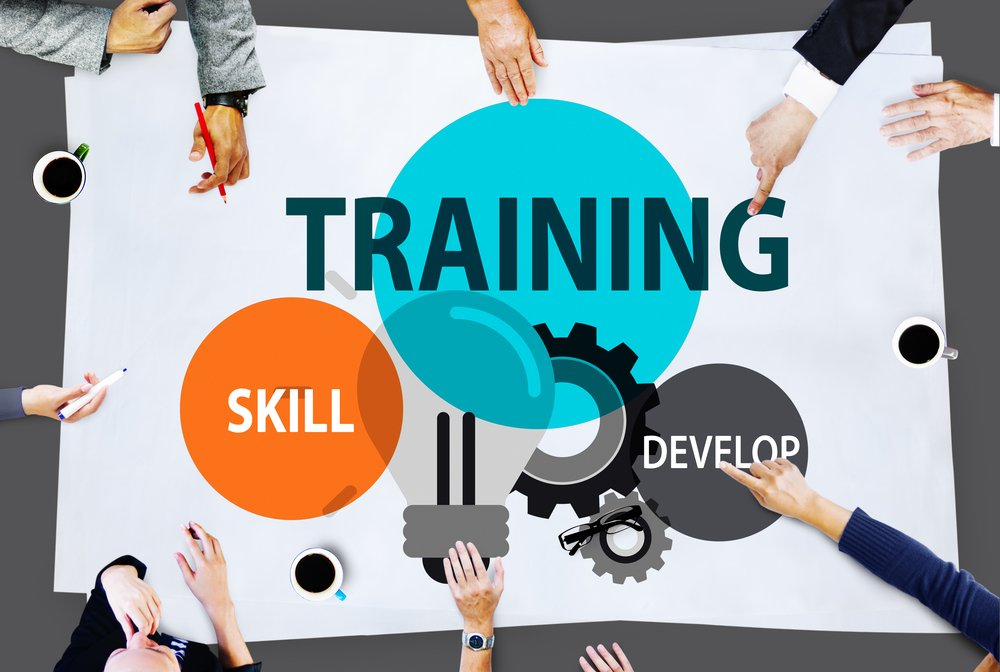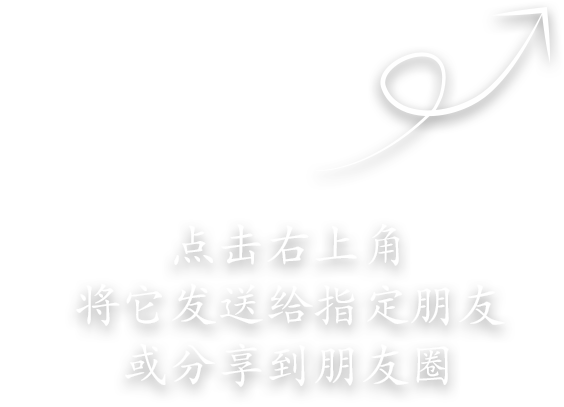Past experience
Before you enter the financial interview, you need to know your resume from the inside out. Make sure you can answer detailed questions about any aspect of your resume (the university and college courses you chose, your experience as an intern, and how you added value to your previous role). Be prepared to use S.T.A.R. techniques to answer questions about your past. You need some examples of your situation, the tasks you are asked to perform, the actions you have taken and the results you have achieved.
67. Take me to complete a transaction you completed in the past six months.
68. Take me to browse your resume/resume without checking it.
69. Why did you leave your previous position?
70. What are your failures and what have you learned from them?
71. What are your proudest achievements?
Technical investment bank issues
If you are interviewing for a junior job at IBD, Matan Feldman of Wall Street Foundation said that technical knowledge is becoming increasingly important. Other financial interview preparation professionals also agree: the bank wants to know the basic knowledge, even if you have not worked in the financial field before (or studied finance).
72 Define Beta.
Beta tells us how much the price of a given security changes relative to the overall market. A Beta value of 1 means that if the market moves, the stock moves with the market. Beta<1 means that if the market moves a certain amount, the stock will move less than that amount. Beta>1 means that if the market changes a certain amount, the fluctuation of the stock will exceed this amount.
73. Give an example of a company with high beta, low beta and negative beta?
74. How will you calculate the company's beta (please refer to the suggested answers prepared by Wall Street)
75. Define CAPM
CAPM is a capital asset pricing model, which aims to find the expected return on investment, so it is an appropriate discount rate for the company's cash flow. Given the risk of the asset, it provides the required rate of return.
76. What is WACC and how do you calculate it?
WACC is the weighted average cost of capital. To calculate it, you need to multiply the cost of each capital component (common stock, preferred stock, bonds and any other long-term debt) by its proportional weight and take the sum of the results. WACC shows the average rate of return the company needs to compensate all different investors. Click here for advice on how to calculate it.
77. What are accretion and dilution?
Value added refers to asset growth through increase or expansion. Accumulation can occur through the internal development of the company or through mergers and acquisitions. Dilution is the reduction of earnings per share when additional shares are issued or when shares are converted into convertible securities.
78. If two companies trade at the same tracking P/E ratio, do they also trade at the same tracking EV/EBITDA multiple?
79. Take me through DCF
DCF proposes that the value of a productive asset is equal to the present value of its cash flows. You also need to discuss relative valuation multiples, in which you value a company similar to your peers based on enterprise value/revenue, enterprise value/EBITDA, price/earnings and other indicators. Rate.
80. Take me back to the DCF
81. What are the different valuation methods, and what are their advantages and disadvantages?
The three methods are DCF, publicly comparable (comparing other publicly traded companies) and transaction comparable (similar companies participating in previous transactions). Each approach has its advantages: DCF shows the company's greatest value - not just the value given to it by the market. The comparability of transactions takes into account the possible synergies of transactions. For more information, see this tutorial at New York University Stern. Click here to learn more about the company's valuation.
82. How are the three financial statements connected?
Click here to view the suggested answers prepared by Wall Street.
83. What is working capital?
Working capital is the amount of current assets on hand. It is equivalent to current assets and cash minus current liabilities.
84. Browse main line items of cash flow statement
Click here to view the suggested answers prepared by Wall Street.
85. What is leveraged free cash flow. How do you calculate it?
86. What is a digital hard disk video recorder?
DDM is a dividend discount model to evaluate the value of a company.
87. Which is higher - the cost of equity or the cost of debt, and why?
The cost of equity is almost always higher than the cost of debt. This is mainly because the debt holders are less likely than the equity holders to fail to recover their funds, so they are willing to accept lower returns- The debt is secured by the company's assets, so it is less risky for creditors. If the company defaults, creditors can seize these assets. If the company goes bankrupt, the debt holders will get the liquidation proceeds before the shareholders. Debt holders can receive investment interest under any circumstances (while equity holders receive dividends only when the company performs well). Debt can help as well as reduce taxes.
88. Why do companies prefer equity financing to debt financing?
Equity financing is less risky (you don't have to pay). You will have more cash on hand. You do not have to convert profits into loan repayments. Your stock investors will have a more long-term perspective. Your company will have more credibility. You may use your investor network to help you grow your business.
89. Tell me about a technology company. Now tell me who they should buy and why.
90. Tell me about the transaction you are interested in recently. Why?
91. How do they decide the ratio of cash to stock in your favorite transaction. What kind of synergy do they focus on?
92. Please describe four valuation methods. Now rank them in the order you like. Explain why you did it.
93. Which is more tiring? All cash transaction, or 50% cash and 50% stock transaction? Why?
94. How do you use leveraged buy-out (LBO) to evaluate the company's value?
Leveraged buyouts (LBOs) are obtained when companies are acquired primarily using debt financing. The acquirer is usually a private equity company that will invest in a small amount of equity and use debt to fund the remainder of the acquisition. Private equity funds rely on the company's cash flow and/or asset sales to finance debt. Therefore, the value of the company is the amount that private equity funds can afford and still fund this debt. Click here for a good description of the process.
95. How do you consider stock based compensation when valuing the company?
96. How to improve returns in LBO?
The key leverage is: lower purchase price, higher exit price (when the company is sold), and increased leverage. Improve the way the company operates, or obtain cheap financing.
97. What is the net operating loss (NOL)? How to use?
This is when a company allows more tax relief than its income. NOL can be carried backwards or forwards, and can also be used for accounting purposes.
98. How do you account for convertible bonds when calculating enterprise value?
Convertible bonds are bonds that can be converted into a predetermined number of shares at the option of bondholders. Enterprise value is the market value of the company plus debt, minority equity and preferred shares, less total cash and cash equivalents. If convertible bonds are in the money bonds (that is, the conversion price of bonds is lower than the current stock price), they are considered as additional dilution of equity value; If they are priceless, simply count the face value of the convertible bonds as debt.
99. What is the treasury stock method?
The treasury stock method is used to calculate the net increase of tradable shares when options in price and warrants are exercised. Click here f or describe its working principle more fully.
100. Tell me about the merger you have recently focused on? What is the price paid for the target? Why did the acquiring company decide to purchase at this price? If you were a member of that trading team, what would you do differently?
101. Give me a net present value of $1, with a 10% discount rate in 10 years.
102. Please tell me two companies you think should consider merging. Why?
103. How do you evaluate the apple tree?
104. How do you evaluate a mature industrial company and a technology start-up? Why?
105. Using this EBITDA and multiple, please calculate the Company's cash return.
Technical market problems:
106. Talk to me through option pricing
The price of an option is derived from the value of other assets and depends on specific events. The value of options will depend on various factors, including: the value of the underlying assets; The difference in the value of the underlying assets, the exercise price for the option to take effect, the expiration time of the option and the risk-free interest rate related to the option life. Click here for a detailed guide.
107. Please tell me how to use the real options method to derive the Black Scholes formula.
108. It is advocated that the correct discount rate should be applied to the amortization tax shield related to 338.
109. If you are a listed company, with debt of 115, coupon rate of 12%, and stock price earnings ratio of 12 times, what is the tax rate of your indifference between increasing debt or equity?
110. When a company repurchases its shares with the cash in the balance sheet, what happens to the total enterprise (TEV) of the company that pays 10% of the annual dividend? Does it matter whether the stock was purchased before or after the dividend was announced? Does it matter whether stocks are bought before or after dividends are paid? What if you use debt with a yield of 8% instead of the balance sheet to fund the purchase?
Cultural issues
"The bank is increasingly aware that excellence is not just about making money," said Logan Naidu, a partner of Dartmouth recruitment company. "I look forward to being asked about the bank's own values and attaching reliable examples of how you solved your moral dilemma.
111. When did you work in a bad team? What steps have you taken to make it better?
112. What was the most ethical decision you ever made?
113. Give me an example of a person you think is just, and explain why.
114. Give me an example of someone you believe is credible and explain why.
115. How would you describe your leadership style?
116. What would you do if you didn't have to work for money? What does this have to do with the job?
117. Have you ever had to change the rules to get the job done. Why is this?
118. Can you describe the situation where you made a mistake and had to admit it to your peers?
119. Which kind of person do you think is the easiest to cooperate with? Why?
120. How do you handle stress? Do you tend to make many technical mistakes?
121. Why are you so special? What word can best describe you?
122. How would your classmates/colleagues describe you?
123. What is your latest book?
124. What is the most dangerous thing you have ever done?
125. In addition to investment, how would you spend $1 million?
126. What do you think of yourself in five years?
127. What's your favorite movie?
128. How would you rate yourself on a scale of 1-10? [Pause after answering. I will say you are 2.
129. Explain the thinking process behind the major
130. You have 10 minutes to demonstrate. what do you do for a living?
131. If you want to work in an investment bank, what qualities are important











